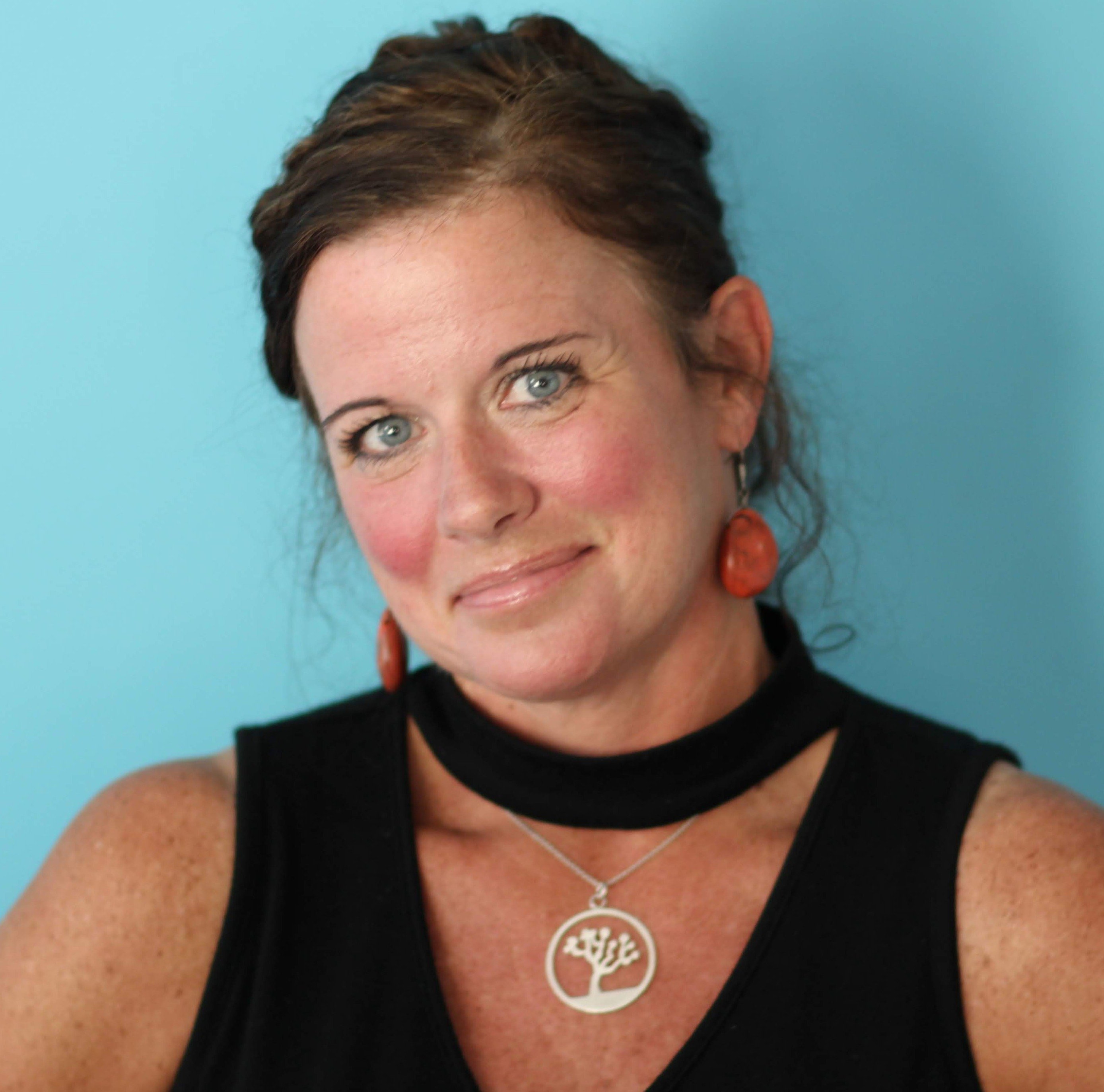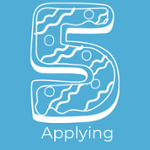.png?width=294&name=DEEP%20DIVE%20INTO%20ELC%20(3).png)
“A Deep Dive Into The Experiential Learning Cycle: Publishing” is part three in a six-part series
As I have said in previous articles, at The Leadership Program we use a specific questioning process called the Experiential Learning Cycle, with students and adults alike. The basic idea behind this process is that greater learning and meaning can come out of ANY experience, if only you take the time to reflect on it.
Our use of the Experiential Learning Cycle follows five steps Experience, Publishing, Processing, Generalizing, and Applying.
Here we are going to focus in on the second step of this process, called Publishing, where participants have a chance to reflect on their personal journey through the experience that just happened. To “publish” is to make information public, so in this way the publishing phase of the Experiential Learning Cycle is the participants first opportunity to “make public” their thoughts and feelings about the experience they just had.
In the publishing phase, participants are only reflecting on themselves. There will be plenty of opportunity later to reflect on the group and what they observed in others. But for now, we’re in the me phase! What do I think? How did I feel?
Some examples of questions we ask during this phase of the cycle, to prime the conversation, include:
- What was that experience like for you?
- Was that easy or difficult? Why?
- How did you feel about the experience?
- What did you notice about…?
- What did you see or hear that was interesting?
- What stood out for you?
- How did you feel when…?
- What was going on for you when… happened?
- Did you have any particular physical reaction to…?
- What words would you use to describe your reaction to…?
- Was that what you expected? Why or why not?
- Did anything surprise you?
- Did you discover anything new during that experience?
- How is your mood/energy different now than before we started?
As the facilitator, your goal during this phase is just to get participants thinking and talking—and in particular thinking and talking about themselves. This can frequently take time and patience because often participants get stuck in thinking about what happened, and might not feel quite ready to find the words to articulate their thoughts. Your job, then, is to ask questions from a variety of angles to nurture the conversation. Once the first few people speak, usually the conversation begins to flow naturally… and this will set you up nicely for moving into the next phase of the cycle, processing.
A few other tips for effectively facilitating the publishing phase of the cycle:
- Ask open-ended questions, rather than close-ended questions. Close- ended questions allow participants to reply with a simple yes or no, and that makes the reflection process a bit more difficult. Open-ended questions, on the other hand, require the participant to explain their what/why/how, and that opens up the conversation much more quickly and easily.
- Validate each individual’s reflections without judgement or comparison. In other words, allow the participants to feel what they feel and think what they think, even if different participants share vastly different perspectives about their experience of the experience. If one person loved it and one person hated it—that’s okay!
- Don’t put words into participants’ mouths. If a participant is struggling to find the words for their reflection, allow them the space and time to get there on their own. Publishing should be a time where participants feel comfortable working through their reactions in their own way, so let the conversation unfold organically.
- If you are unclear—or if you think the group might be unclear—about something a participant has said, it is okay to ask them some follow-up clarifying questions: “Can you say more about that?” “Why do you think you felt that way?” etc.
- Don’t take any of it personally. As the facilitator, you are not “responsible” for making sure everyone has an entirely positive experience. If someone struggled with the activity and is expressing negative reactions, this is not a statement about YOU. Keep yourself separate from the experience, as this will allow you to keep focus on the participants and keep yourself open to wherever the conversation goes.
Okay! So you’ve had the Experience, and now you’ve given your participants the space to Publish their thoughts and feelings about the Experience. Next you will move into Processing, where the participants can take the focus off themselves and begin to reflect on their observations of others. You are well on your way.
Click here to see why is processing essential...
Questions? Thoughts? Please post me in the comments below or Tweet to @ErikaPetrelli1
"A Deep Dive Into The Experiential Learning Cycle: Publishing", The Leadership Program, Inc. 2016

.png)




Comments [0]
Click here to read/write comments